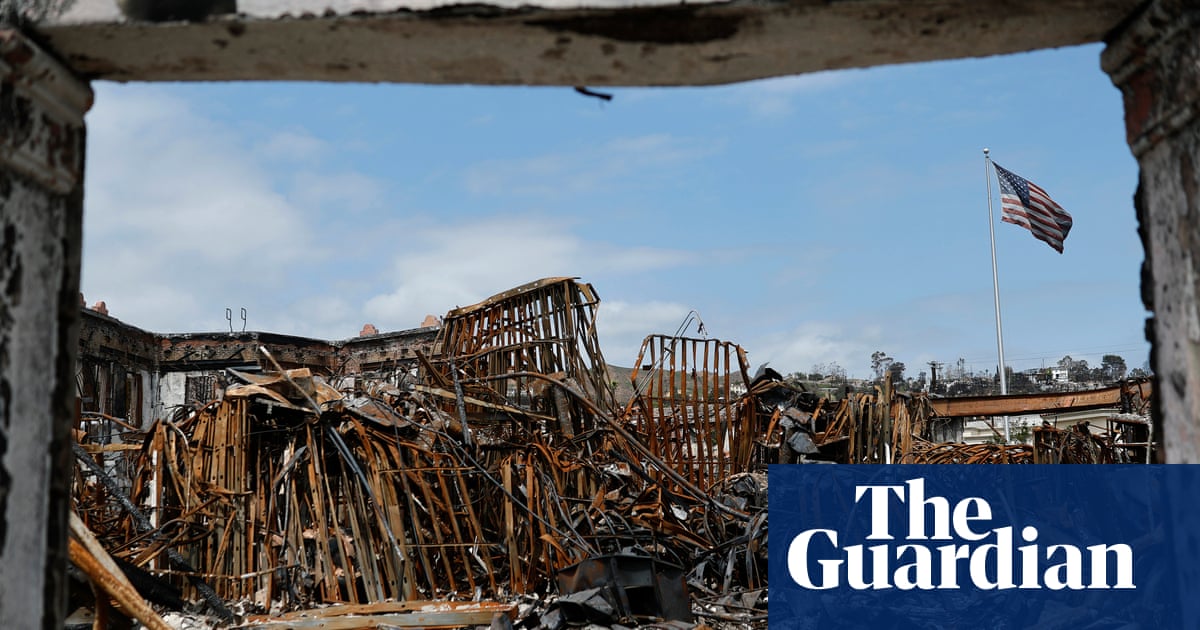Two major US scientific societies have announced they will join forces to produce peer-reviewed research on theclimate crisis’s impactdays after Donald Trump’s administrationdismissed contributorsto a key Congress-mandated report on climate crisis preparedness.
On Friday, the American Meteorological Society (AMS) and the American Geophysical Union (AGU)saidthat they will work together to produce over 29 peer-reviewed journals that will cover all aspects of climate change including observations, projections, impacts, risks and solutions.
The collaboration comes just days after Trump’s administration dismissed all contributors to the sixth National Climate Assessment, the US government’s flagship study on climate change. The dismissal of nearly 400 contributors had left the future of the study in question; it had been scheduled for publication in 2028.
The NCA had been overseen by the Nasa-supported Global Change Research Program – a key US climate body which the Trump administration alsodismissedlast month. The reports, which have been published since 2000, coordinated input from 14 federal agencies and hundreds of external scientists.
In its announcement on Friday, the two societies said: “This effort aims to sustain the momentum of the sixth National Climate Assessment (NCA), the authors and staff of which were dismissed earlier this week by theTrump administration, almost a year into the process.”
According to the AMS and AGU, the collection will not replace the NCA but instead create a mechanism for important work on climate change’s impact to continue.
“It’s incumbent on us to ensure our communities, our neighbors, our children are all protected and prepared for the mounting risks of climate change,” AGU resident Brandon Jones said.
“This collaboration provides a critical pathway for a wide range of researchers to come together and provide the science needed to support the global enterprise pursuing solutions to climate change,” he added.
Similarly, the AMS president, David Stensrud, said: “Our economy, our health, our society are all climate-dependent. While we cannot replace the NCA, we at AMS see it as vital to support and help expand this collaborative scientific effort for the benefit of the US public and the world at large.”
Speaking to the Associated Press, Katharine Hayhoe, a Texas Tech University climate professor and chief scientist at The Nature Conservancy said the latest collaboration between AMS and AGU is “is a testament to how important it is that the latest science be summarized and available”.
Hayhoe, who was a lead author of reports in 2009, 2018 and an author of the one in 2023, added: “People are not aware of how climate change is impacting the decisions that they are making today, whether it’s the size of the storm sewer pipes they’re installing, whether it is the expansion of the flood zone where people are building, whether it is the increases in extreme heat.”
In addition to widespread dismissals across federal agencies, federal websites have been purged ofinformation pertaining to climate changeand extreme weather events since Trump took office in January.
